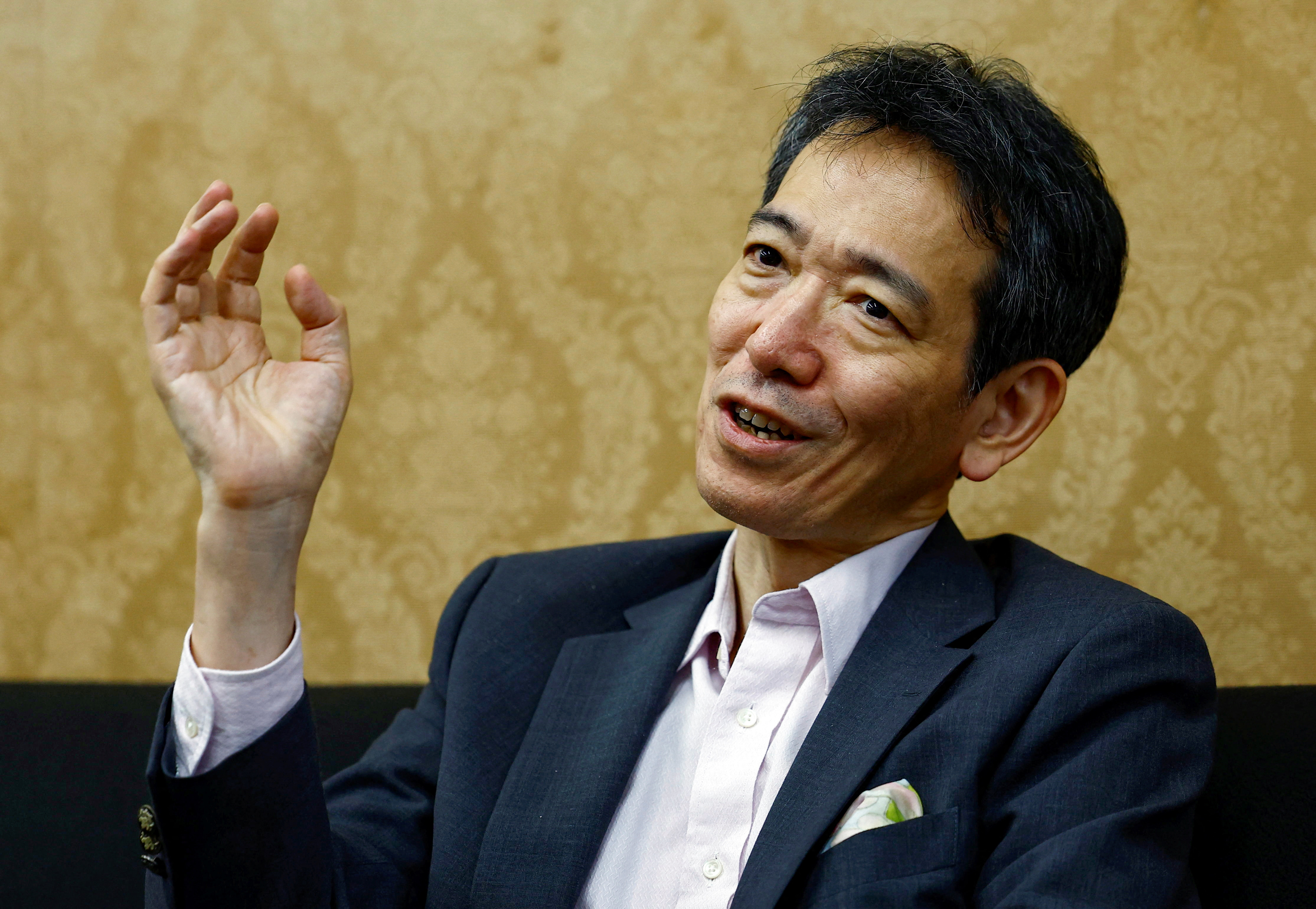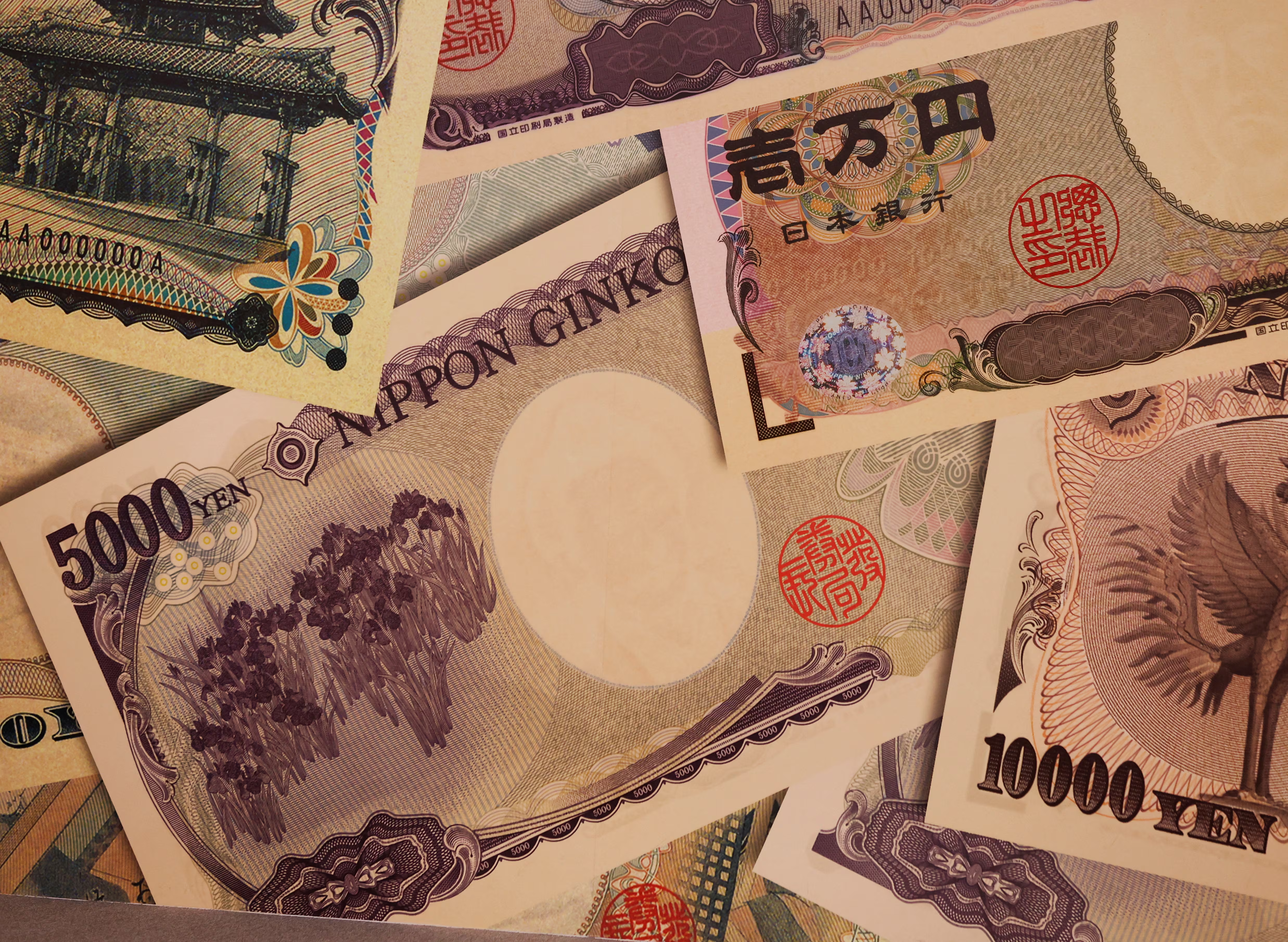Japan is raising alarms over the rapid and one-sided movements in its currency as concerns mount over the fiscal direction of the country under the leadership of newly elected ruling party leader Sanae Takaichi. Japanese Finance Minister Katsunobu Kato spoke out on Friday, expressing the government’s growing unease about excessive volatility in the foreign exchange market, which has placed the yen under notable pressure.

Rapid Yen Declines Trigger Government Concerns
Finance Minister Kato highlighted that the Japanese government has been closely monitoring developments in the foreign exchange market, especially following the sharp downturn in the yen since Takaichi’s election on Saturday. “We have been recently seeing one-sided, rapid moves on the foreign exchange market,” Kato said during a regular press conference, underlining the government’s concern over sudden currency swings that could disrupt Japan’s economic stability.
The yen is currently on track for a near 4% drop over the week, marking its largest weekly decline since early October last year. Analysts and investors have linked this slide to uncertainties surrounding Takaichi’s fiscal policies, which are seen as more expansionary compared to her predecessors. Her election has intensified market speculation that Japan may adopt more aggressive spending measures, while the likelihood of a near-term rate hike appears to be receding.
Importance of Stable Exchange Rates
Kato stressed the importance of exchange rate stability in maintaining economic balance. “As I have stated before, what's important is that exchange rates move in a stable manner, reflecting economic fundamentals,” he remarked. The finance minister further assured that the government would thoroughly monitor excessive fluctuations and disorderly movements in the forex market, signalling a proactive stance to mitigate potential disruptions arising from currency instability.
The Finance Ministry’s focus on stability reflects broader concerns about the yen’s role in the domestic economy and Japan’s position in global trade. Rapid movements in the currency can have far-reaching consequences, affecting everything from corporate earnings to household expenses.

The Dual Nature of Yen Movements
Speaking more broadly on the impact of exchange rate fluctuations, Kato noted that the effects of a weakening or strengthening yen are multifaceted. “There are both positive and negative effects that manifest through various channels,” he said. “The extent and nature of these effects vary depending on the domestic and global economic environment at the time.”
Indeed, a weaker yen has historically been a double-edged sword for Japan. On one hand, it provides a buffer for manufacturers by making Japanese exports more competitive abroad. On the other, it increases the cost of imported raw materials, which can put pressure on households and businesses dependent on foreign goods and resources.
Takaichi Weighs In: Weak Yen Has Pros and Cons
New ruling party leader Sanae Takaichi addressed the currency issue in a television interview on Thursday, signalling her awareness of the delicate balance required. “I wouldn’t want to trigger excessive yen declines,” Takaichi said, highlighting her cautious approach toward rapid depreciation.
However, she also acknowledged the complex nature of currency movements. “In general, there are pros and cons to a weak yen,” she noted, emphasizing that while a weaker currency may provide short-term benefits for exporters—particularly as a cushion against higher U.S. tariffs—it simultaneously raises the cost of imported raw materials, which affects consumers and industries reliant on imports.
Market Reaction to Fiscal Policy Stance
The market’s response to Takaichi’s fiscal policies has been immediate. Investors are increasingly factoring in slower near-term rate hikes, reflecting expectations that more expansionary fiscal measures could be introduced. This has amplified pressure on the yen, contributing to the nearly 4% weekly decline.
Financial analysts suggest that Takaichi’s approach could inject growth into the economy by encouraging domestic spending and investment. However, they also warn that rapid fiscal expansion may increase volatility in the foreign exchange market, highlighting the importance of government oversight.
Government Monitoring and Strategy
To address the rising concerns, the Japanese government has pledged to monitor the forex market meticulously for signs of disorderly movements. The objective is to prevent extreme swings that could disrupt trade, investment, and overall economic confidence. Kato’s statements indicate that while the government respects market mechanisms, it is prepared to take steps to safeguard stability if required.
This proactive approach aligns with Japan’s historical caution over currency fluctuations, particularly given the yen’s central role in international trade and its impact on domestic economic stability. Maintaining orderly exchange rate movements is considered crucial for both corporate planning and household budgeting.
Economic Implications of a Weak Yen
The yen’s recent weakness underscores the delicate balance policymakers must strike between fostering growth and controlling inflationary pressures. On the positive side, a weaker yen benefits export-oriented manufacturers, allowing them to offset some of the costs imposed by tariffs, especially those from the United States. For example, Japanese companies exporting electronics, automobiles, and machinery gain competitiveness when the yen is weaker against major currencies like the U.S. dollar.
Conversely, the negative impact of a depreciating yen cannot be ignored. Import costs rise, particularly for essential raw materials and energy, which are critical inputs for both households and industries. This can lead to higher consumer prices, affecting purchasing power and potentially slowing domestic consumption.
“The extent and nature of these effects vary depending on the domestic and global economic environment,” Kato remarked, reiterating the nuanced implications of currency movements.
Takaichi’s Balanced Approach
Takaichi’s comments suggest that she recognizes the complex trade-offs involved in currency management. While she appears open to policies that support economic growth through fiscal measures, she has also expressed caution about inadvertently weakening the yen too quickly. Her acknowledgment of both the advantages and disadvantages of a weak yen signals a willingness to balance growth ambitions with financial stability concerns.
Economists note that this balanced approach is critical, especially as Japan navigates uncertain global economic conditions. Factors such as U.S. monetary policy, international trade dynamics, and domestic fiscal priorities all influence the yen’s trajectory and must be carefully weighed by policymakers.
Key Takeaways for Investors and Economists
The current situation highlights several key points for market watchers and policymakers:
-
Rapid Currency Weakness: The yen is experiencing unusually fast declines, driven in part by fiscal policy expectations and market reactions to Takaichi’s leadership.
-
Government Oversight: Finance Minister Kato and the Japanese government are closely monitoring the situation to prevent disorderly movements in the forex market.
-
Fiscal Policy Implications: Takaichi’s more expansive fiscal stance may stimulate growth but also increases the potential for currency volatility.
-
Economic Trade-Offs: A weaker yen offers competitive advantages to exporters but raises costs for households and businesses reliant on imports.
-
Investor Vigilance: Market participants are closely watching how Japan’s fiscal policies will influence interest rates, exchange rates, and broader economic conditions.
Final Thoughts
Japan’s yen is at a critical juncture, reflecting broader concerns about the country’s fiscal direction and market stability. Finance Minister Katsunobu Kato has underscored the importance of orderly, fundamentals-driven exchange rate movements, while Sanae Takaichi has indicated a cautious yet growth-oriented approach to fiscal policy.
As the yen faces rapid depreciation, the government’s vigilance and measured policy response will play a crucial role in ensuring that the benefits of economic growth are balanced against potential disruptions from currency volatility. Investors, businesses, and households alike are watching closely, as the interplay between fiscal policy and market forces will shape Japan’s economic landscape in the months to come.
The coming weeks will be critical in determining whether Japan can maintain financial stability while pursuing policies aimed at supporting economic growth. Both Finance Minister Kato and leader Takaichi appear intent on balancing these objectives, recognizing that the path forward requires careful management of fiscal ambitions and market realities.
With inputs from agencies
Image Source: Multiple agencies
© Copyright 2025. All Rights Reserved. Powered by Vygr Media.

























